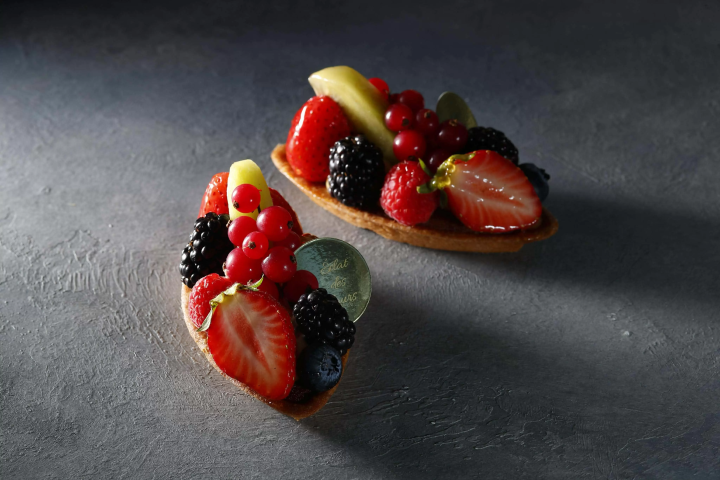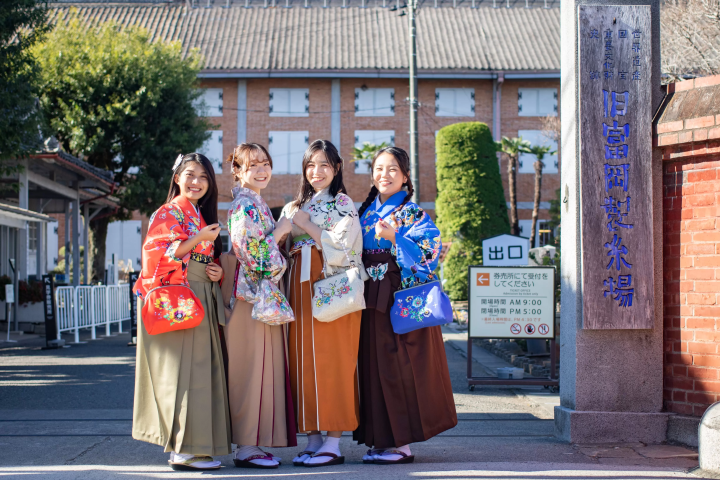3 Great Exhibitions To Enjoy In The Tokyo Area In June 2017

There are some very exciting art exhibitions going on in June in Tokyo and Yokohama. If you need to take shelter from the rain, how about checking out these three special exhibitions recommended by MATCHA?
June, though not really a summer month, coincides with the rainy season in Japan. This means it may not be the best time for long excursions or outdoor activities like mountain climbing and trekking. While it may be tempting to contemplate the rain beyond a glass window, there are many other ways to enjoy this month.
That is to say, it's the best time to check out the art exhibitions around the city. This article introduces three special exhibitions in Tokyo and Yokohama which we warmly recommend.
Technique and Expression in Traditional Japanese Art: Decorated Papers
In Japanese classical aesthetics, great attention was paid not only to the content transmitted through writing and painting, but also to the quality of the media used to give shape to that content, namely the ink and the paper.
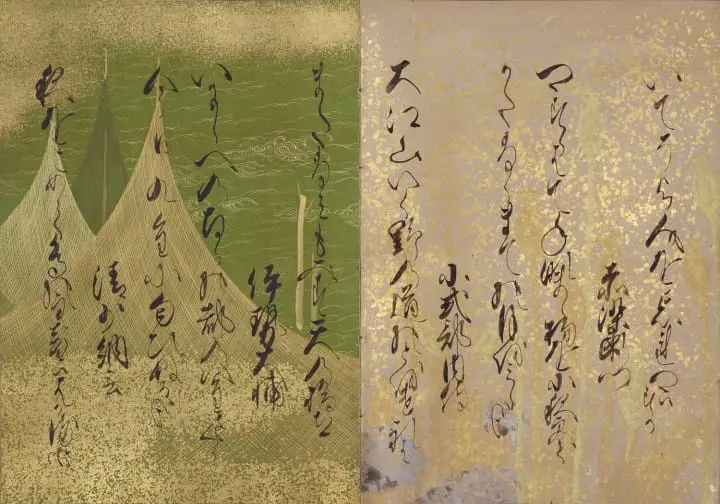
Poems by a Hundred Poets, by Prince Toshihito (1579-1629), ink on dyed paper decorated with gold and silver, Japan Edo period (17th century) Nezu Museum collection
Important texts such as Buddhist sutras, or poetry collections were often copied on precious paper that had been sophisticatedly dyed and decorated with gold and silver leaf. These works were treasured therefore not only for the valuable text they transmit but also as beautiful objects of art. Fragments of such works, usually displayed on hanging scrolls, have been transmitted for centuries on and are regarded as works of art.
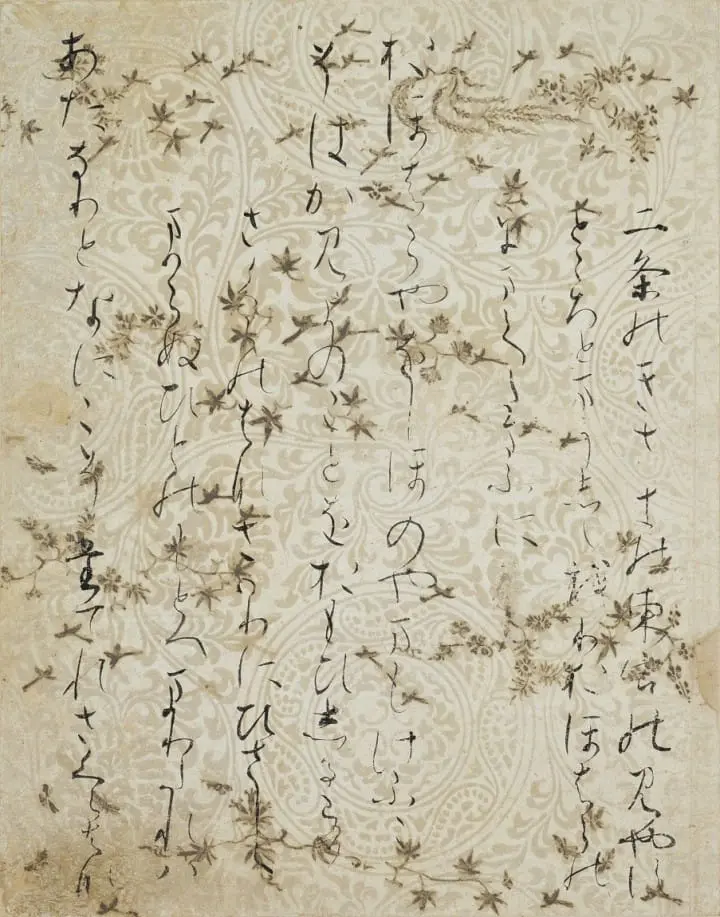
Ogata-gire, attributed to Fujiwara no Kinto (966-1041), ink on paper decorated with mica and silver, Japan Heian period (12th century), Nezu Museum
The exhibition titled "Technique and Expression in Traditional Japanese Art: Decorated Papers" held at the Nezu Museum until July 2nd offers insights into the appreciation of the decorated paper used in the classical Japanese art. The exquisite quality of the paper used for writing down precious texts adds a new dimension to the value of the literary works that have shaped the Japanese culture. It also shows how treasured have these texts been across the centuries.
For a deeper understanding of classical Japanese art, do visit this special exhibition at the Nezu Museum.
Technique and Expression in Traditional Japanese Art: Decorated Papers
Venue: Nezu Museum
Dates: May 25th - July 2nd, 2017.
Hotels near Nezu Museum
The Elegant Other: Cross-cultural Encounters in Fashion and Art
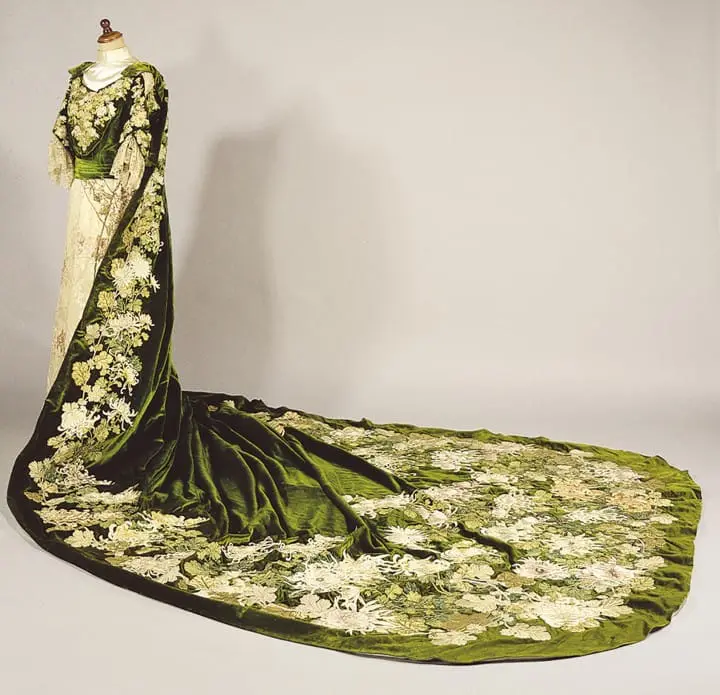
Court Dress Worn by the Empress Meiji / ca.1910 / Collection of the Kyoritsu Women’s University Museum
The opening of the Port of Yokohama in June 1859 marked the beginning of a vivid exchange between Japan and the West. Fashion items and objects used by "the Other" in their daily lives were looked at first with curiosity and eventually inspired new trends in the cultures where they were brought it.
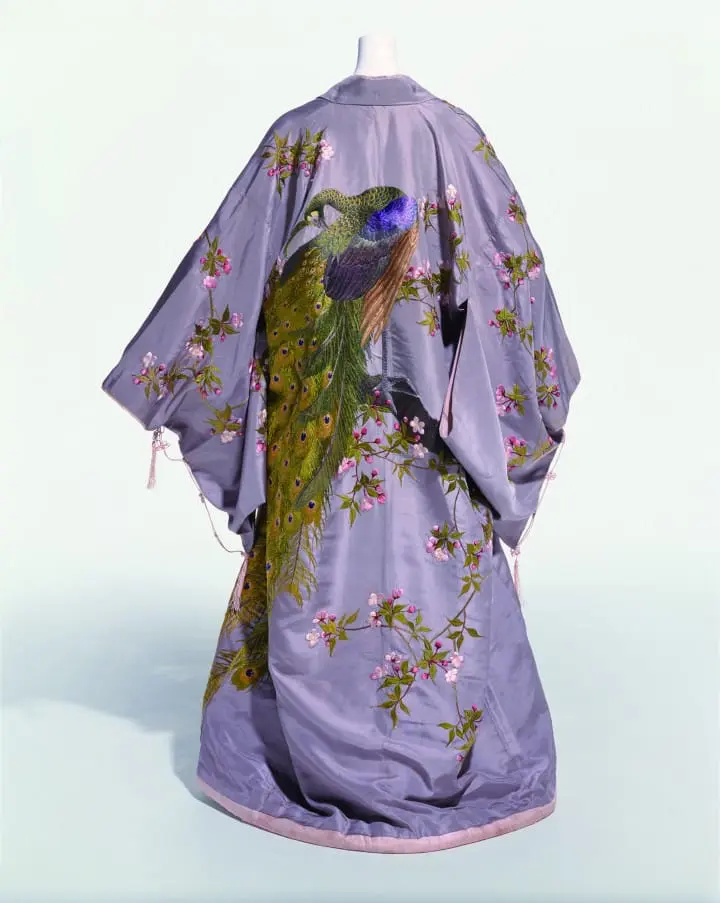
Iida Takashimaya, Kyoto / Hostess Gown / ca.1906 / Collection of the Kyoto Costume Institute (KCI) / Photo by Kazumi Kurigami
"The Elegant Other", an exhibition hosted by the Yokohama Museum of Art, is dedicated to the encounters and reciprocal influences brought by these exchanges. Visitors can enjoy an impressive display of approximately one hundred dresses from the Kyoto Costume Institute (KCI), along with accessories, crafts, paintings, and photographs from Japanese and foreign museums and private collections.
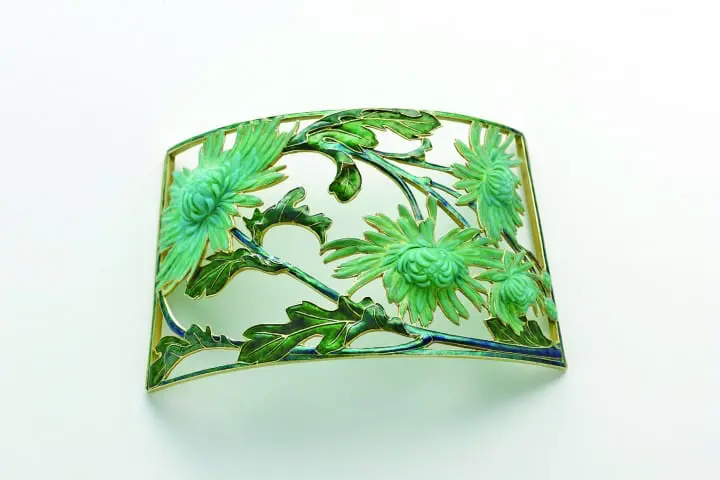
René Lalique / Dog Collar Plaque, Chrysanthemums / ca.1900 / Collection of the Lalique Museum, Hakone / Photo by Shoichi Kondo
This display of unique fashion and art items shows the fascination that people embraced for the new cultures that were now opening to them thanks to friendly commercial ties and how this fascination resulted in a creative reciprocal influence that gave birth to new fashions and styles.
The Elegant Other: Cross-cultural Encounters in Fashion and Art
Venue: Yokohama Museum of Art
Dates: April 25th - June 25th
The Art of Disney - The Magic of Animation
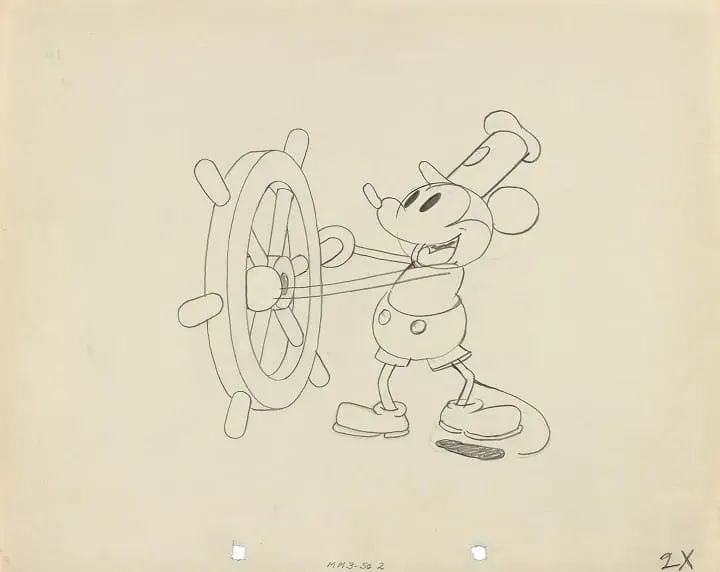
From "Steamboat Willie" (1928) © Disney Enterprises, Inc.
The art of Disney animation has been fascinating us for generations now, ever since the first animated character appeared to the public in "Steamboat Willie" (1928).
Approximately 450 items of Disney artwork (original drawings, drafts and sketches), most of them shown to the public for the first time, are displayed in the exhibition "The Art of Disney" held at Miraikan - The National Museum of Emerging Science and Innovation in Odaiba, Tokyo.
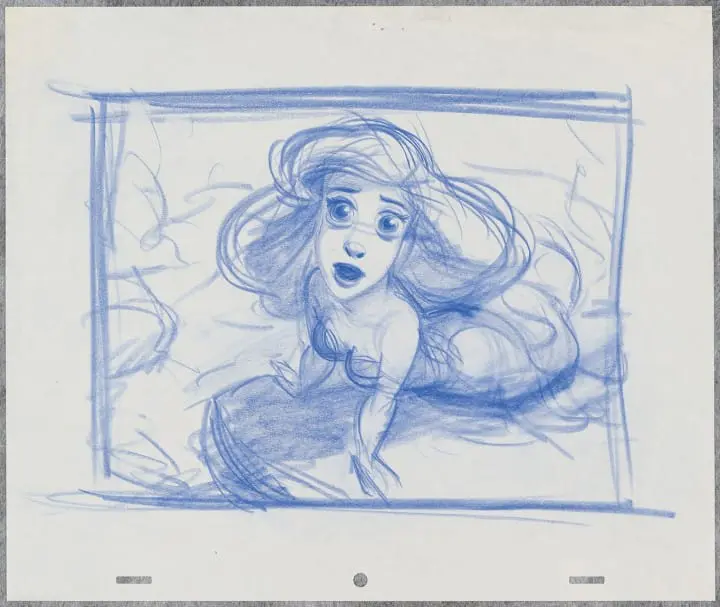
From "The Little Mermaid" (1989) © Disney Enterprises, Inc.
"The Art of Disney" provides a great opportunity to recall the excitement and the deep impression that the Disney animation works left upon us when we watched them for the very first time.

From "Frozen" (2013) © Disney Enterprises, Inc.
At the same time, this exhibition reveals the animation techniques that bring each character to life. Every decade in the history of Disney animation brought by new techniques and new developments. It is a great occasion to trace this history and get to know the world of Disney more intimately through the items displayed at Miraikan.
The Art of Disney - The Magic of Animation
Venue: Miraikan - National Museum of Emerging Science and Innovation
Dates: April 8th - September 24th, 2017
In Closing
Each and every one of the three exhibitions introduced above is a gateway to another world of emotions and perceptions that will undoubtedly enrich our own life views. Take this opportunity in June to explore the worlds that open up to us through these exhibitions in Tokyo and Yokohama.
Ramona, English content editor at MATCHA since 2016, has been practicing ikebana flower arrangement (Ikenobo School) and tea ceremony (Omote Senke) since 2012. She arrived in Japan in 2012 as a graduate student with a focus on Japanese literature and performing arts. As a travel editor and writer, Ramona has visited and documented 40 of Japan's prefectures with a focus on art, history, traditional Japanese crafts, and performing arts.



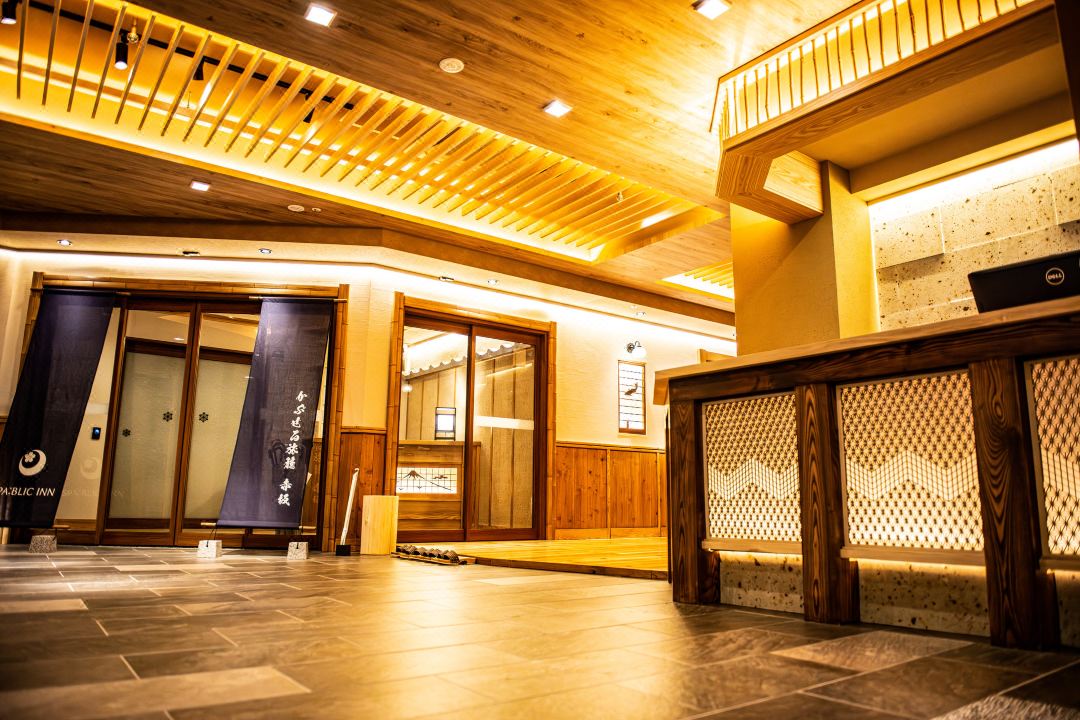


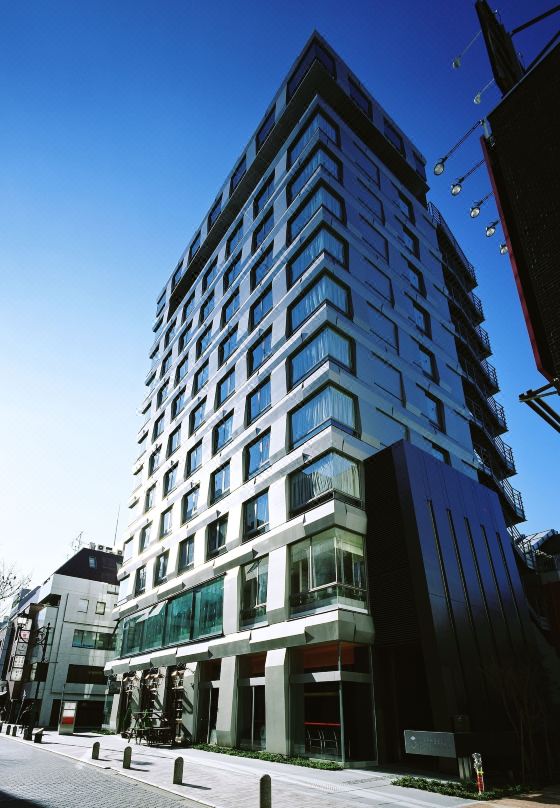




























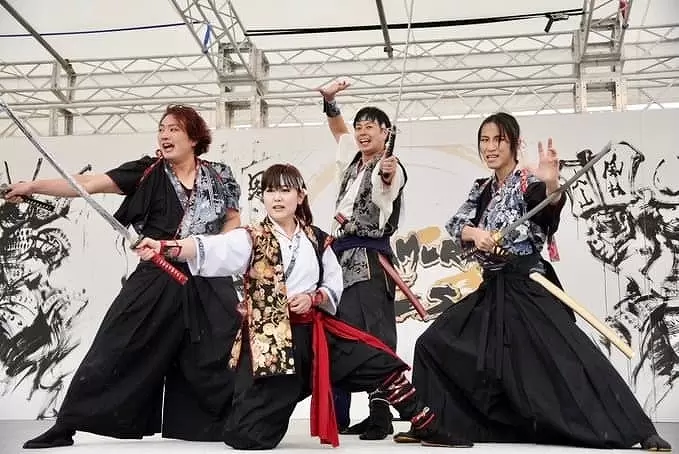

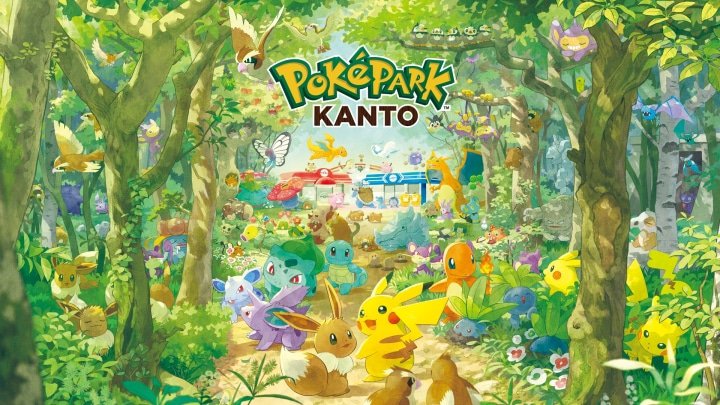




![[ Shimanto City Kochi Prefecture ] Introducing the sightseeing boats you absolutely cannot miss when visiting the Shimanto River!](https://resources.matcha-jp.com/resize/720x2000/2023/11/29-154343.webp)
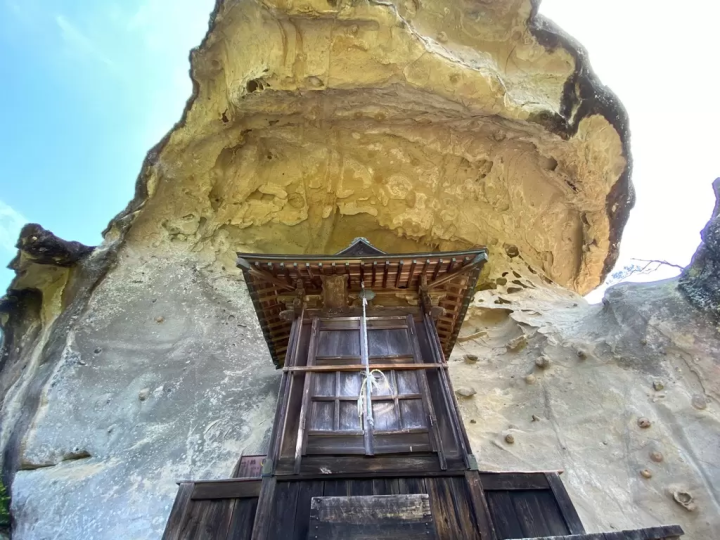
![[Latest] Complete Guide to atmos Exclusive Sneakers and Special Edition Models | Apparel and Upcoming Releases](https://resources.matcha-jp.com/resize/720x2000/2026/01/16-255820.webp)
